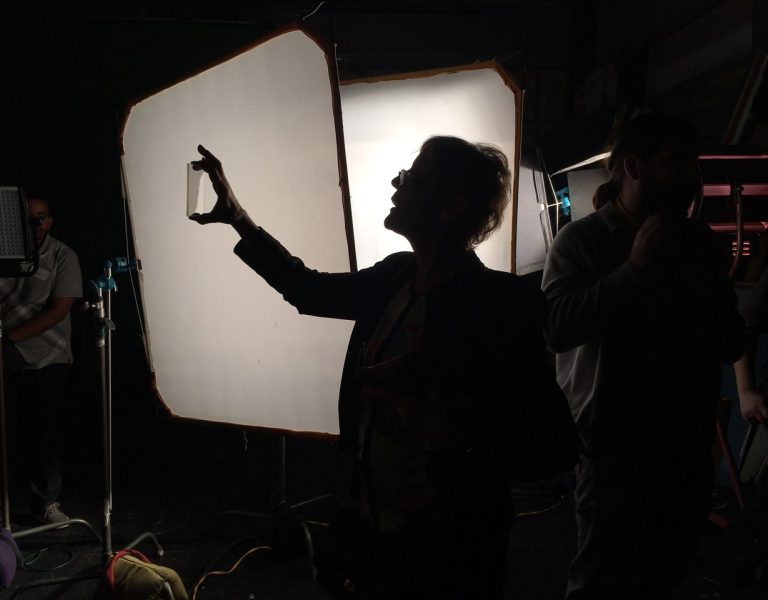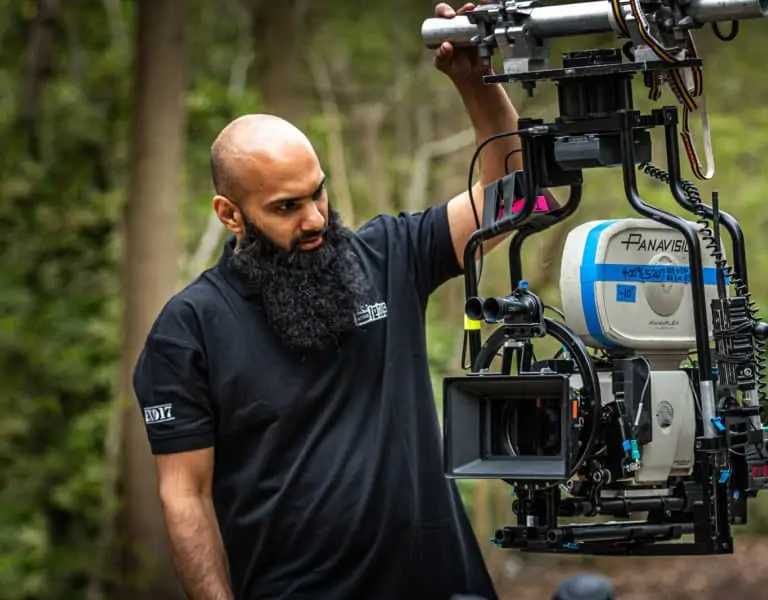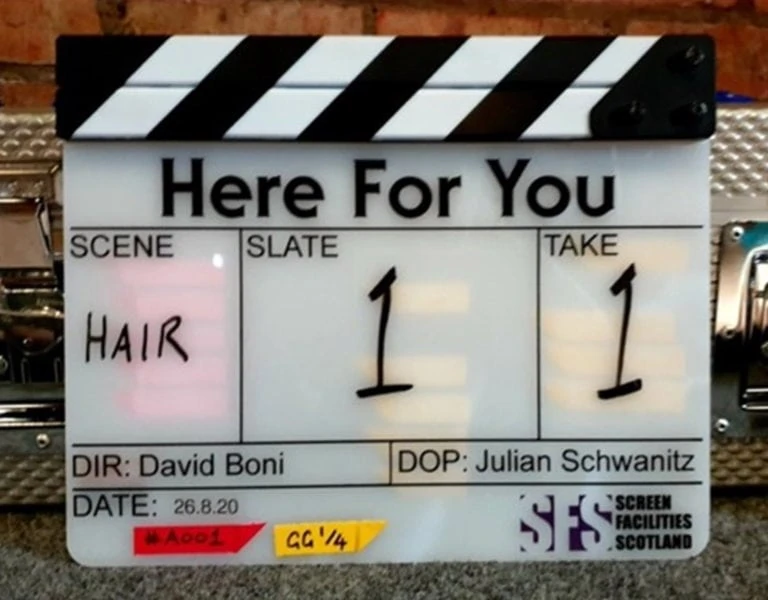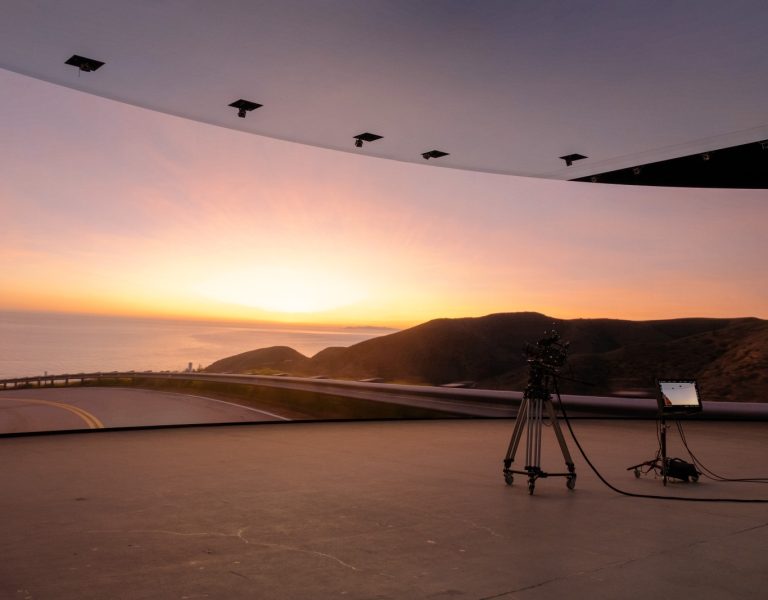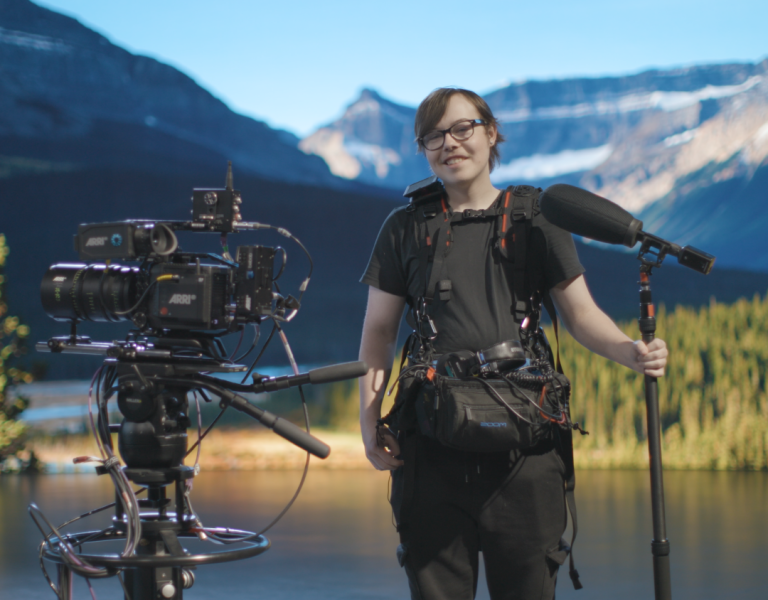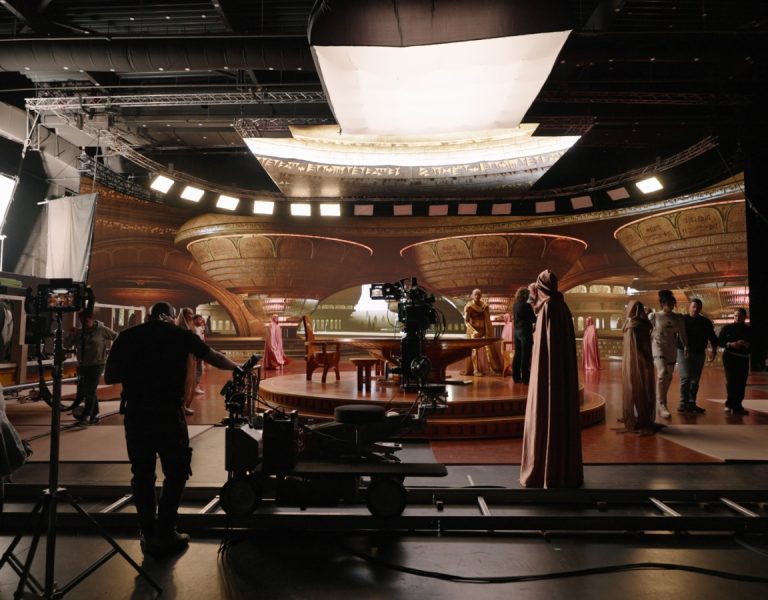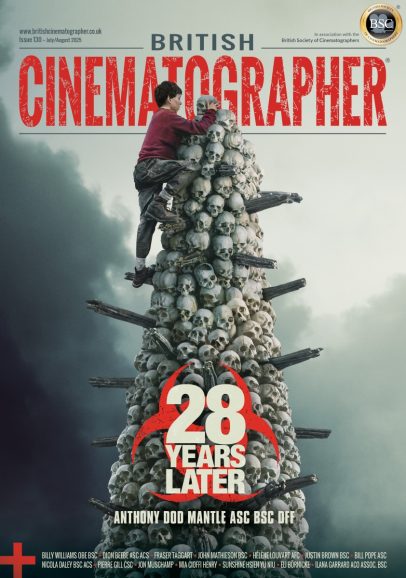Home » Features » Opinion » Point of View »
CHANGING PERCEPTIONS
In 2019, I travelled with my team at Pixeleyed Pictures across the UK to hold screenings of the Error in Terror campaign, to fulfil the campaign’s objective of bridging gaps between Muslims, non-Muslims and the wider global community and to separate Islamic teachings and principles from being associated with terrorism and extremism. By doing this we disarm extremists and dispel the misconceptions held by some non-Muslims. After an interlude due to the pandemic, we are back to continue the journey, building bridges and having open dialogues on grassroots level.
We all know that the visual art of film and TV is such an important part of our culture, shaping and reinforcing cultural beliefs and attitudes about race, gender, and religion worldwide. However, this can sometimes be forgotten in the process and the same issues continue to prevail unaddressed. Amongst the many issues is the film industry’s use of Islam and Muslims as the antagonist. This is something we need to address.
The USC Annenberg’s study published this June titled “Missing & Maligned: The Reality of Muslims in Popular Global Movies” found that only 19 out of the 200 top grossing films had at least one Muslim character. The Riz Test uses five criteria to measure how well or poorly Muslims are portrayed on screen, including presenting the visibly Muslim character as a victim or perpetrator of terrorism or a woman presented as oppressed by her male counterparts. Taking cues from the Bechdel Test and inspiration from Riz Ahmed’s 2017 speech on diversity, this test is a much needed way to assess the unfortunate reality of the consistent misrepresentation Muslims have been subject to.
Whilst I am not blind to the fact that there have been Muslims who have carried out acts of terror, the narrative of consistently portraying Muslims on screen as being in some way related to or condoning terrorism has been deeply damaging, with consequences such as the attacks in Christchurch, Finsbury Park or the most recent attack in Canada as well as societal divisions.
Albeit slowly, things are starting to change. I believe we have the BLM movement to partly thank for this. Amongst other things, it has done a fantastic job of normalising the discussions surrounding inequalities and underrepresentation. Earlier this month, Riz Ahmed, with the collaboration of Pillars Fund and USC Annenberg & Ford Foundation, announced the Blueprint for Muslim Inclusion.
The UK Muslim Film Charity was launched a few months ago in collaboration with the BFI with a main aim of “championing authentic Muslim representation in British film and television”.
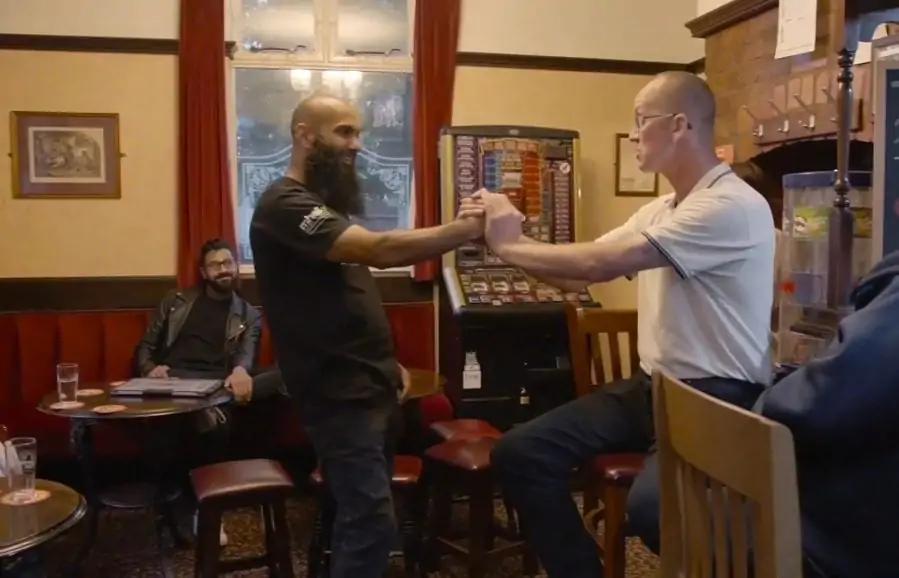
Our industry’s mindset of problem solving and finding solutions needs to be applied – stabilising and balancing far beyond the way shots are stabilised on set. It’s my belief that as these issues are gaining traction, we can do this and make a change.
I had a strong need to use this mindset, my skillset, and resources available to me to drive the change for the better in society. This was the driving force that compelled me to pull the industry together to create the Error in Terror short film and campaign.
The primary reason for creating the Error in Terror campaign was to deter individuals from carrying out attacks in the name of Islam and Muslims. The actual creation of it was just the first step of the journey. Getting it out there and in front of individuals on a grassroots level – where it can actually give the intended effect of starting discussions and changing perceptions and narratives, now so deeply ingrained in people – is the next step.
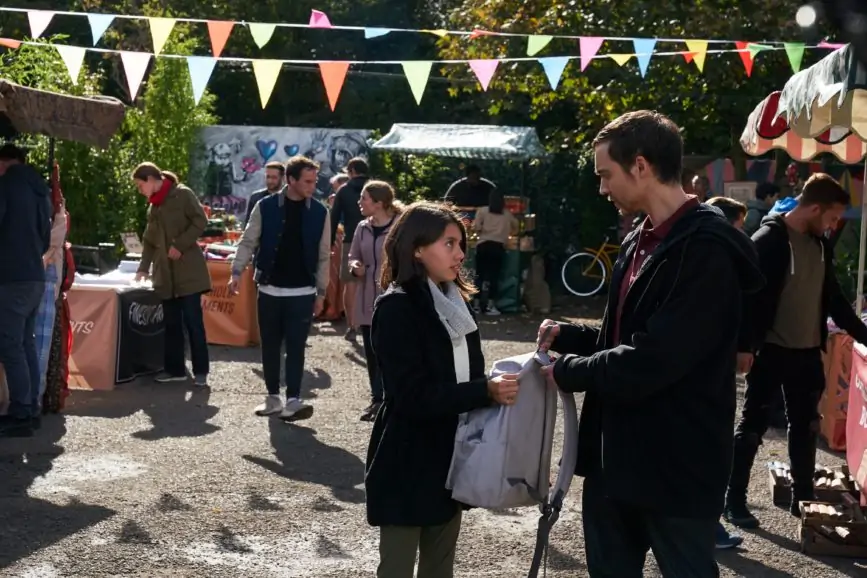
I initially aimed to release the Error in Terror short film on 23 March 2020 to commemorate the 2017 Westminster Attack. The week leading up to the release we witnessed the world around us had started to slowly change, followed by the first lockdown.
With the team at Pixeleyed, we decided to volunteer on what would become known as the frontline. For over 180 days, we joined various initiatives and shifted the focus on the documentation of this historic time. From delivering food parcels to the vulnerable, working with the community run Food Hubs, or donating PPE to the film medics in Pinewood Studios, we did whatever we could to help during these unprecedented times.
We travelled across the UK, documenting various communities, the contributions and sacrifices people have made for each other and how COVID has affected them. We saw just what immense contributions various minority communities, including Muslims, had made. This was such an important piece of history that needed to be preserved.
This mission of fighting to change narratives has not been an easy one. It has taken a huge level of commitment and sacrifice on a personal and professional level. The loss of earnings over the years and putting my career on hold, being away from family, and losing my mother earlier this year have all been tough.

Riz Ahmed is right. In his recent speech he said individuals within the industry such as himself or I are exceptions to the rule. We need to persist and pave the way to make it easier for others so that in the future they do not have to jump through so many extra hoops to achieve equal and accurate representation.
As we move on from COVID – and as I start to prepare for the official release of the Error in Terror campaign and the continuation of its screenings across the country – as disheartened and drained as I sometimes get, I know if we all work together, we do have the power to directly address the issues, have a positive impact and make a change for a better tomorrow.
BY RIZWAN WADAN, STABILISATION SPECIALIST, DIRECTOR AND PRODUCER
The Error in Terror campaign aims to deter individuals from carrying out acts of Terror and promotes harmony within communities. This £1.2m short film could not have been possible without the backing and support of the film industry and other supporting partners. You can watch the Error in Terror film below…


